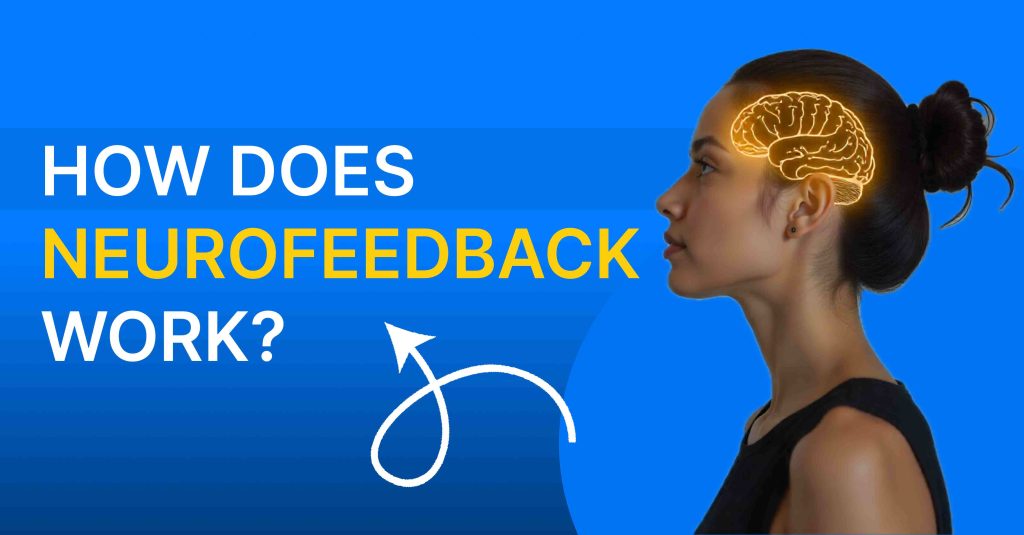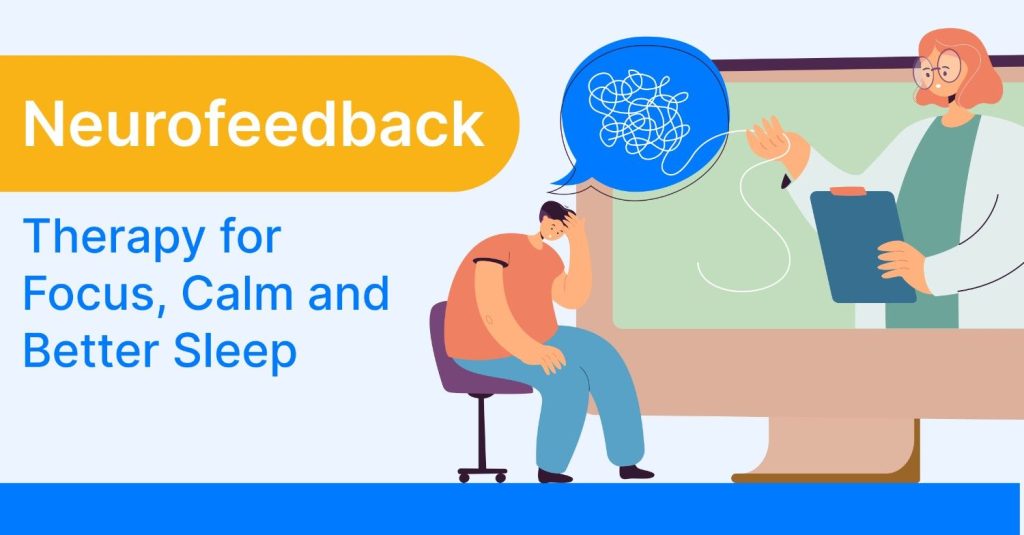There are some surprising early signs of dementia that have nothing to do with memory loss. Here’s a list of 9 such signs that you need to know about.
When we think of dementia (a mental health disorder that involves a deterioration of memory and behavior), we automatically think of a person who has a problem of forgetting names, things, events, and information in general. This is our go-to way of perceiving dementia, given the research and data available on it that mainly talks about memory loss. But did you know that there are other telling yet lesser-known signs of this condition?
What causes dementia?
Before we get to that, it’s important to understand the neuroscience and the causes behind dementia. This condition occurs when there is decreased blood flow in the frontal and temporal lobes of the brain. These are the regions of the brain that control memory and if functioning weakly, can cause dementia along with other mental health illnesses.
Here are 9 lesser-known signs of dementia that you need to know about right away.
Compulsive behaviour
A person may begin to display behaviours that he/she wouldn’t have otherwise. For example, blowing up a hoard of cash on unnecessary items, engaging in reckless behaviours like rash driving or binge-drinking, hoarding items at a later stage in life, etc. This happens due to harmful changes in the frontal lobes, which are essential in impulse control.
Breaking the law
Studies have shown that people with dementia often conducted activities that broke the law. This was seen as the first sign of their condition. Activities such as stealing, breaking in, etc., are commonly seen in those suffering from dementia.
Clumsiness
Falling and tripping frequently is one of the early signs of dementia. This is considered a significant symptom as changes in a person’s gait and bodily control are a direct outcome of cognitive deterioration.
Eating strange food items
If you notice a person consuming food that is rotten, tastes weird, or is not even edible, take it as a warning sign. People with dementia tend to eat strange foods, including flowers. This is because this condition attacks the region of the brain that controls appetite and taste buds.
Poor sense of smell
Often, a person not able to distinguish smells is seen as an early preclinical sign of dementia. The condition attacks the parts of the brain that controls your scent. As a result, people are unable to tell one smell from another.
Gum disease
Studies have shown that gum disease is a risk factor for dementia. This disease is associated with inflammation which has a direct link to dementia.
Depression
It is known that depression can lead to cognitive impairment but did you know that it could be a sign of the onset of dementia? Studies show that depression that occurs later in the years, could be a precursor to dementia.
Inability to process sarcasm
This is a rather unique and strange sign of dementia but it’s very much so. If you see someone unable to process sarcastic remarks or even humour in general, take it as a troubling sign. Studies have shown that people with an onset of dementia often show this behaviour as an early symptom.
How brain training can reverse dementia
As we have established above, dementia occurs due to complications in the frontal and temporal lobes of the brain. With brain training technology Neurofeedback, these complications can be corrected and the imbalanced brainwaves can be restored. As a result, the old, rigid neural pathways that your brain was operating from will be eliminated and new, desirable neural pathways will be formed. These will make you sharper, faster and happier.
If you’re thinking it’s too late for your brain to be corrected with this US, FDA-approved and NASA-inspired technology, you’re wrong. Our brain possesses a unique quality called neuroplasticity, which its ability to correct itself and adjust to new brainwave patterns. So if you or a loved one are showing early signs of dementia, fret not, as with brain training, your condition will be reversed. To learn more, visit, https://wetrainbrains.com/memory/





